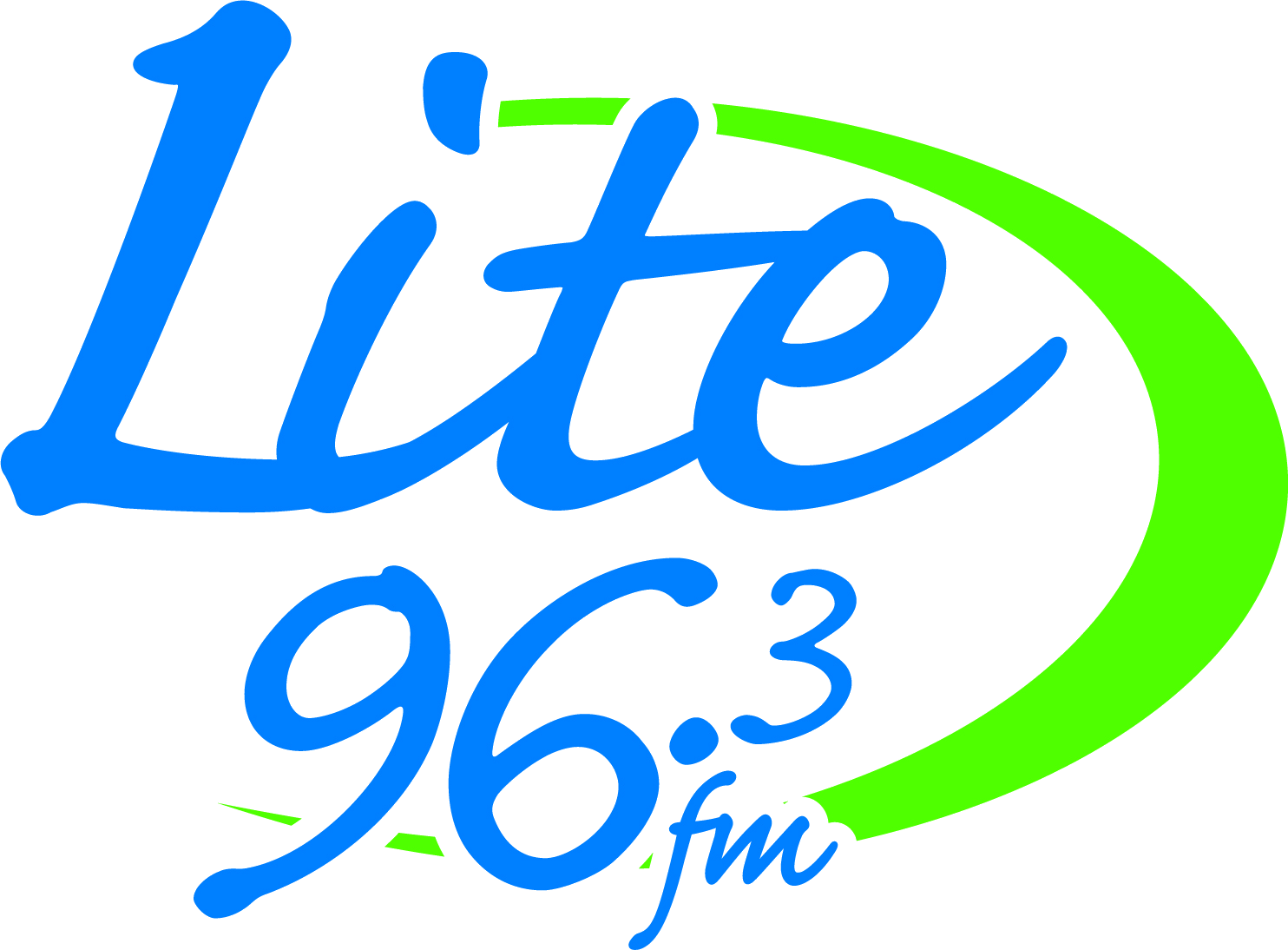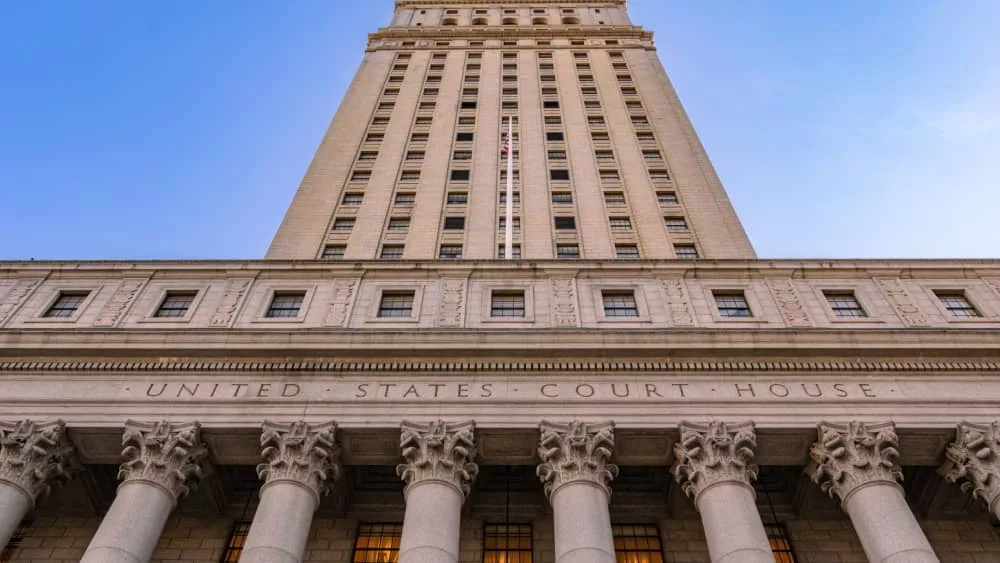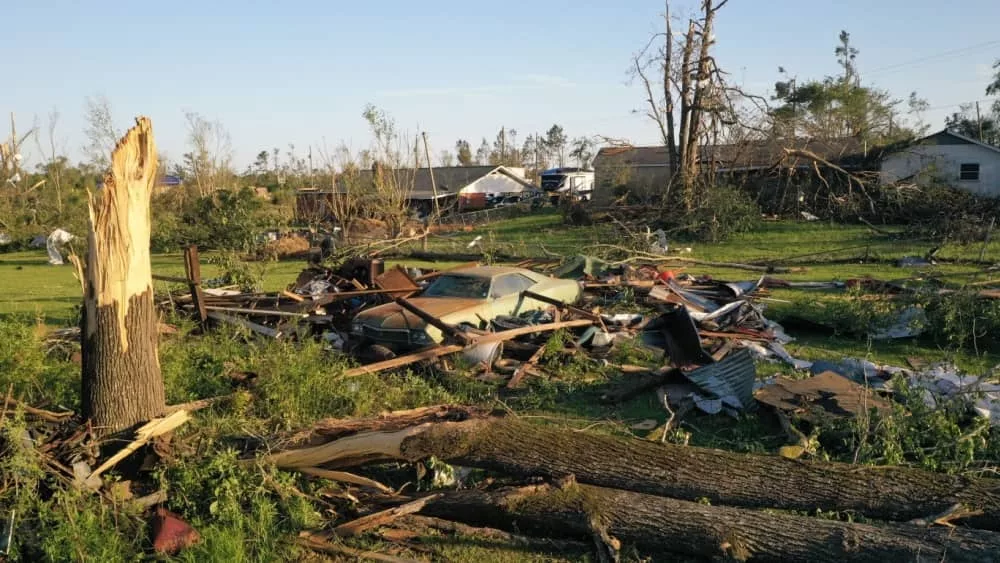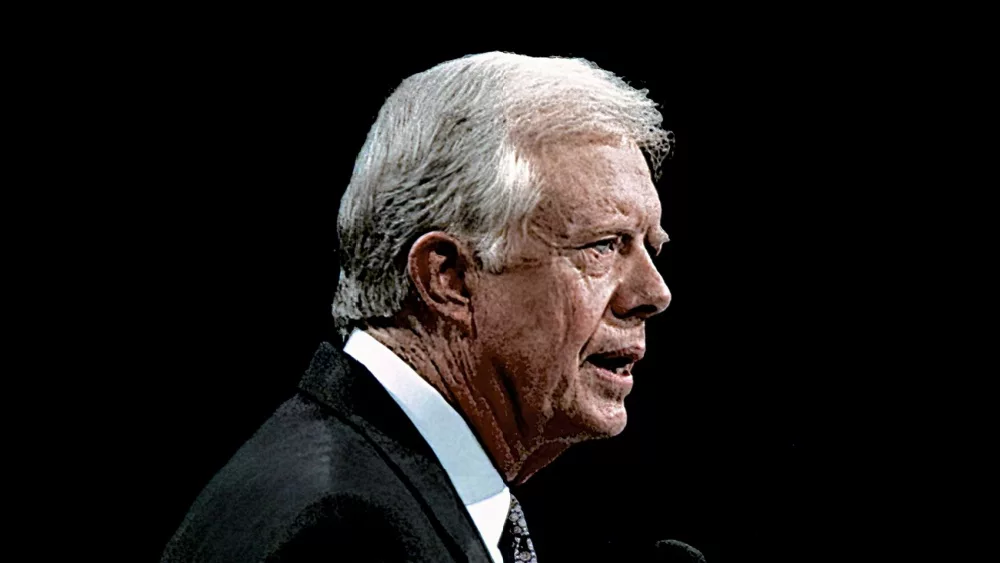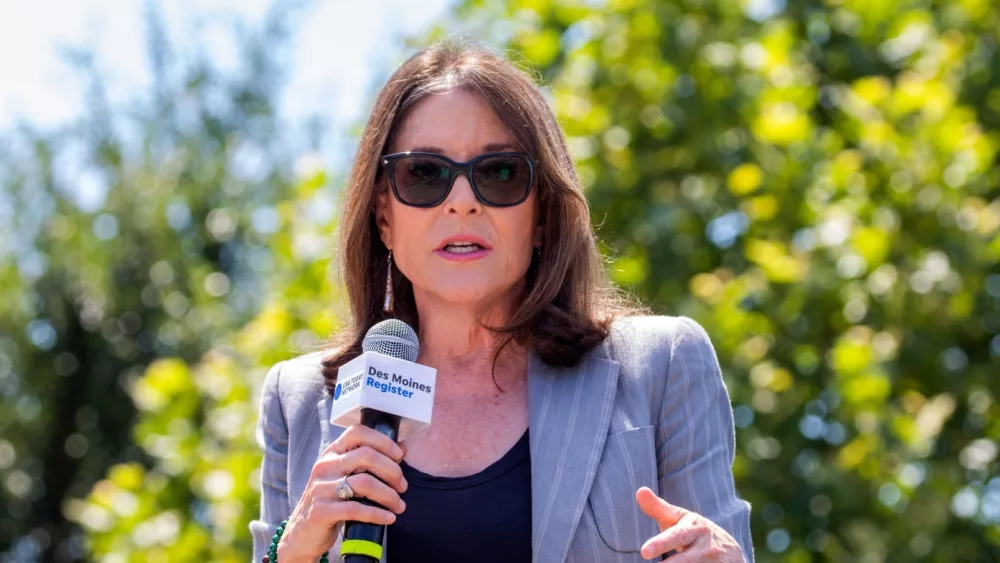
The Senate overwhelmingly passed a pair of children’s online safety bills on Tuesday, designed to protect children from dangerous online content and hold tech companies more accountable for the harm that they cause.
The two bills in the package, which passed 91-3, are known as the Kids Online Safety Act (KOSA), and the Children’s and Teens Online Privacy Protection Act (COPPA 2.0). They represent the most significant congressional action in decades to regulate social media’s impact on children and teens.
The bill package had been pushed by parents of children who died by suicide after online bullying or have otherwise been harmed by online content. If passed by the House, the bills will force companies to take reasonable steps to prevent harm on online platforms frequently used by minors, requiring them to exercise “duty of care” and ensure that they generally default to the safest settings possible.
The bill would be the first major tech regulation package to move in a decade, and it could potentially pave the way for other bills that would strengthen online privacy laws or set parameters for the growing use of artificial intelligence. If the child safety bill becomes law, companies would be required to mitigate harm to children, including bullying and violence, the promotion of suicide, eating disorders, substance abuse, sexual exploitation and advertisements for illegal products such as narcotics, tobacco or alcohol.
Speaker Mike Johnson (R-La.) has said he is “committed to working to find consensus,” while Democratic Sen. Richard Blumenthal of Connecticut, who wrote the bill with Republican Sen. Marsha Blackburn of Tennessee, said that the legislation is about allowing children, teens and parents “to take back control of their lives online,” adding that the message to big tech companies is that “we no longer trust you to make decisions for us.”
Several tech companies, including Microsoft, X and Snap, have supported the legislation. But NetChoice, a a tech industry group that represents X and Snap, along with Google, TikTok and Meta Platforms, called it unconstitutional. A Meta spokesperson shared in a statement: “We support the development of age-appropriate standards for teens online, and appreciate KOSA’s attempt to create a consistent set of rules for the industry to follow. However, we think there’s a better way to help parents oversee their teens’ online experiences: federal legislation should require app stores to get parents’ approval whenever their teens under 16 download apps.”
Blumenthal and Blackburn have said they worked to find a balance between forcing companies to become more responsible for what children see online while also ensuring that Congress does not go too far in regulating what individuals post, due to First Amendment concerns. The bill also includes an update to child privacy laws that prohibit online companies from collecting personal information from users under 13, raising that age to 17.
Editorial credit: Iren_Geo / Shutterstock.com
